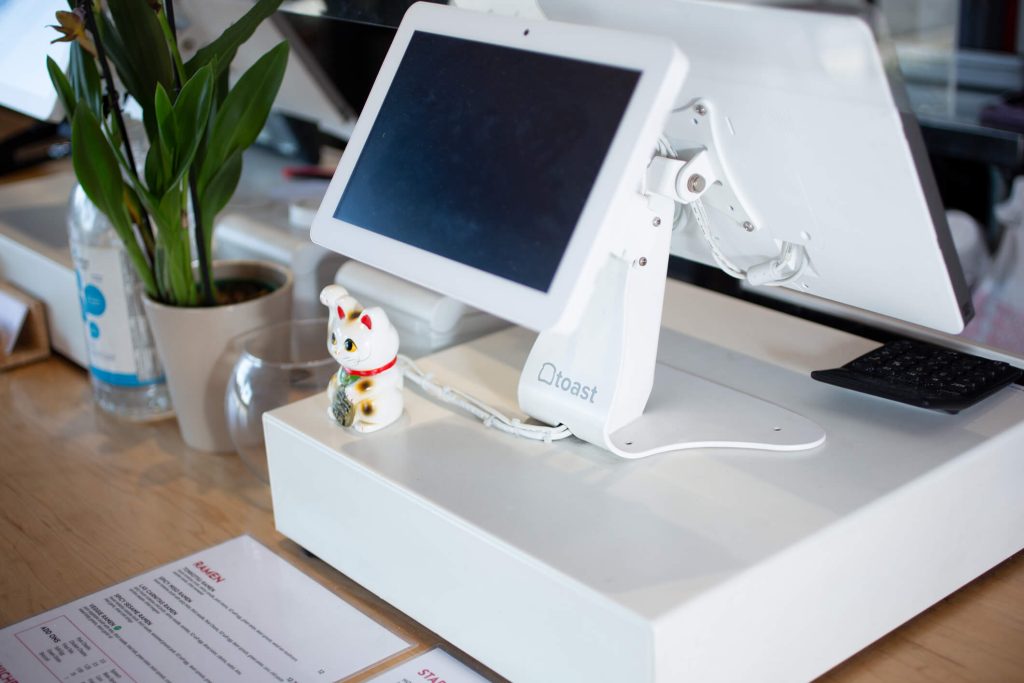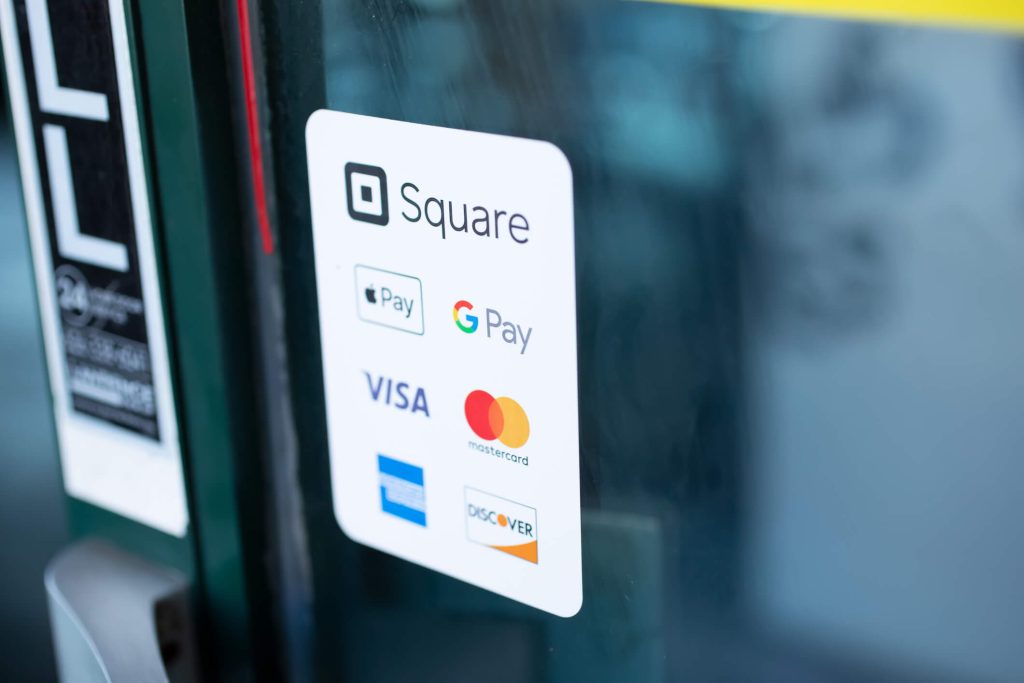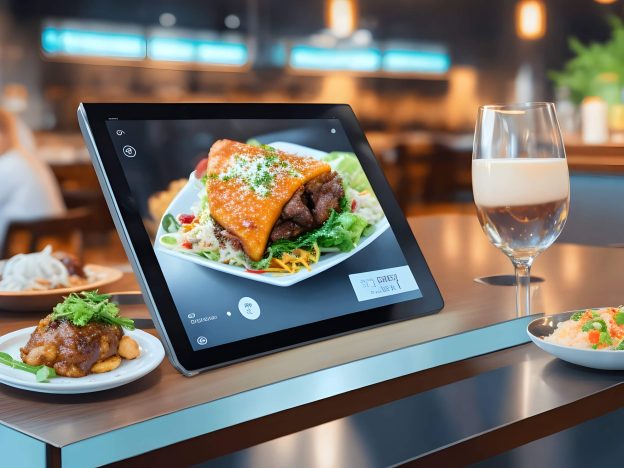The right Point of Sale (POS) system can dramatically enhance the efficiency and profitability of a restaurant or bar. As we head into 2024, the landscape of POS technology continues to evolve, integrating more advanced features that can manage everything from inventory to customer relationships. This guide provides a comprehensive look at the best POS systems available for restaurants and bars in 2024, detailing their features, benefits, and what makes them stand out in a competitive market.
Understanding the Importance of POS Systems in the Food and Beverage Industry
POS systems have become an integral part of the food and beverage industry for several reasons. Firstly, they provide a centralized platform for managing various aspects of a restaurant or bar, including sales, inventory, and customer data. This allows owners and managers to make informed decisions based on real-time information.
Secondly, POS systems help improve efficiency and accuracy in transactions. With features like tableside ordering and mobile payments, servers can take orders and process payments directly at the table, reducing wait times and minimizing errors. This not only enhances the overall dining experience but also increases table turnover, leading to higher revenue.
Furthermore, POS systems enable businesses to track and manage inventory effectively. By automatically updating inventory levels as items are sold, owners can avoid stockouts and overstocking, reducing waste and optimizing costs. Additionally, POS systems can generate detailed reports on sales, inventory, and employee performance, providing valuable insights for business growth and decision-making.
Top POS Systems for Restaurants and Bars in 2024
After extensive research and analysis, we have identified the top POS systems for restaurants and bars in 2024. These systems have been chosen based on their features, pricing, and user reviews. Let’s take a closer look at each of them:
Toast

Toast is renowned for its ease of use and comprehensive feature set tailored specifically for restaurants. It offers a customizable platform, with options for online ordering, kitchen display systems, and integrated payroll services. A 2023 survey found that restaurants using Toast saw a 20% increase in sales on average due to improved order accuracy and customer service.
Pros
- Designed specifically for food service businesses, Toast excels in handling complex restaurant operations.
- Offers a fully integrated system with hardware and software tailored for restaurants.
- Robust features for online ordering, loyalty programs, and kitchen operations.
Cons
- The hardware and setup can be expensive, making it less ideal for very small establishments.
- Some users report that customer service can be slow during peak times.
Square

Square is ideal for small to medium-sized restaurants looking for a versatile, cost-effective solution. It provides an all-in-one system with features such as payment processing, online sales, and customer feedback analysis. Square’s integration with popular third-party apps enhances its functionality, making it a popular choice among modern restaurateurs.
Pros
- Square is very user-friendly, making it suitable for small to medium-sized businesses.
- It offers a free basic version, which is beneficial for businesses just starting out.
- Integrates easily with other Square services, such as payroll and marketing.
Cons
- The system can become pricey as you add more features and processing fees.
- Some advanced restaurant-specific features may be lacking compared to other specialized systems.
Lightspeed

Lightspeed offers powerful reporting tools and inventory management systems, making it suitable for restaurants with extensive menus and multiple locations. Its cloud-based system ensures data is accessible from anywhere, facilitating better decision-making and operational efficiency.
Pros
- Lightspeed offers extensive customization options, which can be ideal for niche businesses.
- It has strong inventory management capabilities, which are great for bars and restaurants with extensive product lists.
- Supports multiple locations.
Cons
- The learning curve can be steep due to its vast array of features.
- Can be expensive, especially when adding multiple modules.
TouchBistro
TouchBistro is designed specifically for the restaurant environment, focusing on features that improve table management, menu customization, and customer interaction. It is known for its user-friendly interface and efficient customer service.
Pros
- TouchBistro is designed specifically for restaurant environments and offers floor plan and menu management.
- It operates locally on the iPad but can sync data to the cloud, combining reliability with convenience.
- Strong customer service with a good track record in user satisfaction.
Cons
- Being primarily iPad-based may limit hardware options.
- Some features depend on third-party integrations.
Clover
Clover allows for extensive customization through its app market, enabling restaurant owners to tailor the system to their specific needs. It supports a range of hardware options and provides robust analytics to help businesses grow.
Pros
- Clover is highly customizable with a vast marketplace of apps.
- It offers out-of-the-box usage with minimal setup, suitable for quick service restaurants and small cafes.
- Good for handling a diverse range of payment types.
Cons
- Less tailored to full-service restaurants and may lack some advanced features.
- Locked into using Clover hardware, which can be expensive.
Revel Systems
Revel Systems provides a robust POS solution with features such as inventory tracking, employee management, and customer loyalty programs. Its focus on data security and mobile support makes it a top choice for high-volume bars.
Pros
- Offers a robust feature set including detailed inventory management, customer management, and employee management.
- Highly scalable, good for growing businesses.
- Strong offline functionality, which is useful in areas with unstable internet.
Cons
- Initial setup and hardware can be costly.
- The system complexity might require more training for staff.
Aloha POS
Aloha POS by NCR is a veteran in the POS industry, known for its reliability and comprehensive support for bar operations. It offers seamless integration with other systems and is particularly strong in managing high traffic environments.
Pros
- Aloha POS is highly regarded for its reliability and comprehensive features tailored to the restaurant industry.
- Strong support for both front of house and back of house operations.
- Offers offline functionality, which ensures continuous operation without internet.
Cons
- Can be expensive, particularly for smaller establishments.
- The interface may feel outdated compared to newer systems.
Choosing the Right POS System for Restaurants and Bars
Choosing the right Point of Sale (POS) system for your restaurant or bar is crucial for streamlining operations, enhancing customer service, and boosting profitability. A good POS system not only handles transactions but also integrates with other aspects of your business, such as inventory management, staff scheduling, and customer relationship management. Below, we delve into key considerations and features to look for when selecting a POS system suited to the unique needs of restaurants and bars.
1. Ease of Use
The interface of your POS system should be intuitive and easy to navigate. Staff in restaurants and bars often work under pressure, so a POS that simplifies order entry, processing, and payment can significantly enhance efficiency. Look for systems with clear display menus, touchscreen capabilities, and quick response times.
2. Integration Capabilities
A versatile POS system can integrate seamlessly with other software tools that your business uses. This includes connections to reservation systems, accounting software, and inventory management systems. Integration helps in syncing data across platforms, reducing manual data entry, and minimizing errors.
3. Reliability and Support
Choose a POS system that is known for its reliability. Restaurants and bars cannot afford downtime during busy hours. Ensure that the provider offers excellent customer support and technical assistance, ideally 24/7, to handle any issues that might arise.
4. Payment Processing Flexibility
Your POS system should accommodate various payment methods including credit cards, debit cards, mobile payments, and cash. With the increasing popularity of contactless payments, having a POS that accepts Near Field Communication (NFC) technologies like Apple Pay or Google Wallet is a significant advantage.
5. Inventory Management
Effective inventory management is essential for restaurants and bars to keep track of stock levels, reduce waste, and increase profitability. A POS system with robust inventory management features can alert you when stocks are low, track usage patterns, and help in planning purchases and menu adjustments.
6. Reporting and Analytics
A POS system with comprehensive reporting tools can provide valuable insights into your business operations. These tools can track sales, customer preferences, and peak hours, aiding in strategic decisions like menu changes, pricing adjustments, and marketing strategies.
7. Employee Management
Look for a POS system that includes features for managing staff, such as time tracking, scheduling, and payroll integration. This can simplify your human resources processes and help in better staff management.
8. Customer Management
Enhancing customer experience is vital for the success of any restaurant or bar. A POS system that includes customer relationship management (CRM) features can help personalize the dining experience, manage loyalty programs, and improve customer retention.
9. Security Features
Ensure that your POS system complies with the Payment Card Industry Data Security Standard (PCI DSS). It should also offer features like end-to-end encryption to protect sensitive customer information and reduce the risk of data breaches.
10. Scalability
Consider whether the POS system can grow with your business. It should be scalable to accommodate additional locations, menu expansions, and increased transaction volumes without significant upgrades or changes.
Frequently Asked Questions
Q.1: What is a POS system and why is it important for restaurants and bars?
Answer: A POS (Point of Sale) system is a combination of software and hardware that manages the transactions within a business, specifically tailored for the operations of restaurants and bars. It helps streamline various processes such as order taking, inventory management, customer management, and payment processing, ultimately enhancing efficiency and profitability.
Q.2: How does a POS system improve customer service in restaurants?
Answer: POS systems enable faster service by allowing orders and payments to be processed directly at the table, reducing wait times. They also improve order accuracy and provide valuable data that can be used to personalize customer interactions and manage loyalty programs.
Q.3: Can POS systems integrate with other software?
Answer: Yes, many modern POS systems offer integration capabilities with other software tools like reservation systems, accounting software, and inventory management systems, enabling a seamless flow of information across different platforms and reducing manual data entry errors.
Q.4: What should I look for in a POS system if I have multiple restaurant locations?
Answer: For multiple locations, it’s important to choose a POS system that supports scalability, offers robust inventory management features, and can generate consolidated reports for all locations. Systems like Lightspeed and Revel Systems are specifically designed to handle such requirements.
Q.5: Are there POS systems that work offline?
Answer: Yes, some POS systems like Revel Systems and Aloha POS offer offline functionality, which ensures continuous operation even during internet outages, making them reliable choices for high-traffic environments where constant connectivity cannot be guaranteed.
Q.6: How much should I expect to spend on a POS system for my restaurant?
Answer: The cost of a POS system varies depending on the features, hardware requirements, and scale of your operation. Some systems, like Square, offer basic services for free with costs increasing as you add features and payment processing. Others, like Toast and Revel Systems, might involve an upfront investment in hardware and a monthly subscription fee.
Conclusion
Choosing the right POS system for your restaurant or bar is a crucial decision that impacts many aspects of your business. Each system has its strengths and potential drawbacks, so it’s important to consider your specific needs, such as ease of use, integration capabilities, customer service, payment processing flexibility, and scalability. By carefully evaluating each option and considering both your current requirements and future growth, you can select a system that not only meets but enhances your operational efficiency, customer satisfaction, and overall profitability.

